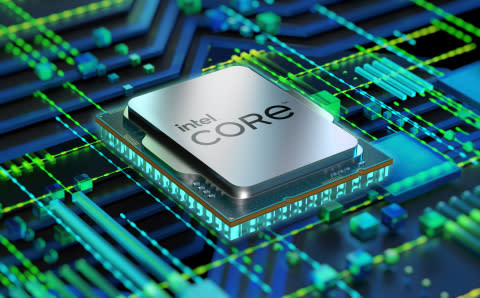The Microsoft custom chip is not as custom as we thought — here's what we know

According to a report by Engadget, Microsoft placed a new order with Intel's Foundry division for a new custom chipset (maybe for laptops?). Leveraging Intel's latest 18A fabrication process, the new Microsoft chip will likely arrive sometime in 2025.
While Microsoft did build the Azure Maia AI Accelerator and Azure Cobalt 100 CPU server chips in-house, it appears they've decided to outsource to Intel for this new chip. Intel's 18A fabrication process has been optimized for Arm architecture, which Microsoft has used for the Surface line of laptops and tablets so this Intel/Microsoft chip could be built for mobile computing platforms. Or it could be the next generation of Cobalt 100.
What does this mean for Microsoft's future in the chip wars?

As we don't know the exact purpose of the Intel-produced Microsoft chipsets, we can only speculate. If these chips are designed to work with Microsoft's consumer level products, then this could simply mean nothing. Microsoft's in-house chip designs are intended to work with Azure, a cloud computing server solution.
Intel's 18A process has a "Clearwater Forest" server and "Panther Lake" client side production line. So these new Microsoft chips really could fit anywhere in Microsoft's wheelhouse. If the Intel 18A Microsoft chips end up becoming the next Cobalt 100 generation, then perhaps its a sign that Microsoft is leaving the chip wars in hands better suited to the task. But if they end up on the consumer Surface line, it just means Microsoft is keeping their chip-making skills to the server side of things.
This silicon partnership does present a pretty solid win for Intel Foundry, however. The new division was launched by Intel CEO Pat Gelsinger in February 2021 as part of a plan to make Intel "the second largest external foundry by 2030." Intel Foundry's current list of clients includes MediaTek, Qualcomm, Amazon, and now Microsoft.
